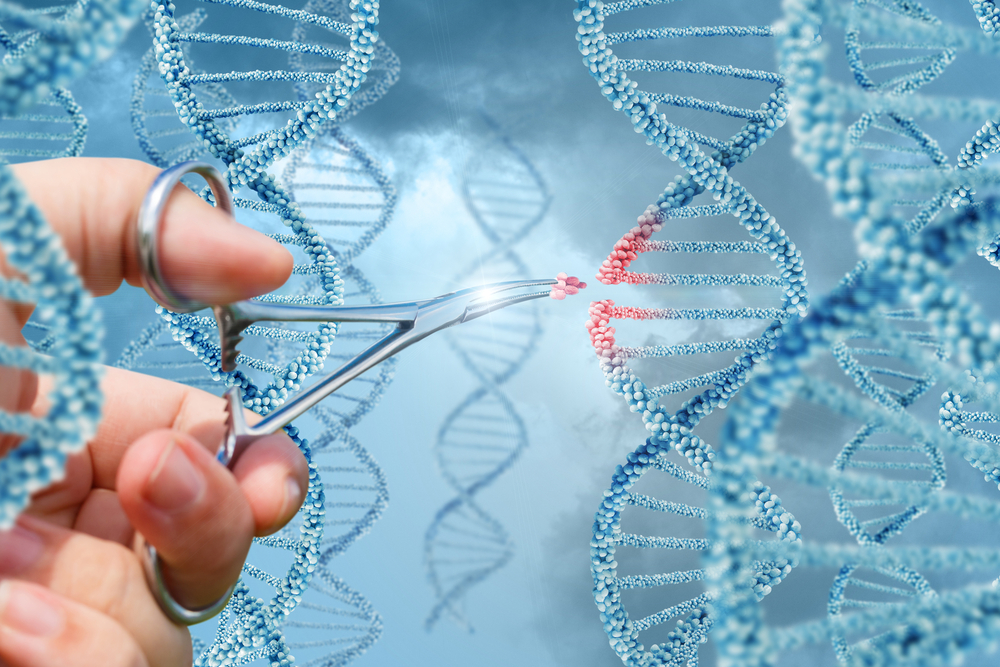Postdoc Senna Middelveld talked to groups of civilians to see how they feel about different possibilities of gene editing (purposely altering DNA) in cattle. These discussions are to be used in an ethical assessment framework for breeding companies. A framework of this kind can add to the current technical risk assessments.
Middelveld spoke with five groups of eight individuals on gene editing and showed its practical use in different fields using posters. The images gave rise to various associations, as is the case with pesticides, disease eradication, eugenics, Monsanto (the producer of herbicide Roundup), the ‘perfect’ world, economic inequality, health and climate change. ‘Civilians often see both positive and negative implications. They pose different standards and values as soon as they consider the future of new technology and its possible consequences.’ Middelveld also consulted with breeding companies and scientists that use the technology.
Naturalness
Using this input, she develops an ethical framework that maps values allowing businesses to put a responsible use of gene-technology to the test. First of all, she aims to assess the impact the genetic intervention has on the animal, such as wellbeing and naturalness.
Second, she wants to verify if the purpose – disease prevention, improving wellbeing or drought resistance – justifies the means, or whether the same goal can be reached in another way. Third, she aims to assess whether the technology is implemented transparently and responsibly.
Hornless cow
‘To date, there is much discussion on gene editing in plants, but not in animals’, Middelveld says. ‘CRISPR/Cas offers new possibilities. You could breed a hornless cow by switching off a single gene, or breed pigs resistant to the PRRS virus. Or perhaps even a low-nitrogen cow. Is this something we, as a society, want? Now, we often focus solely on technical viability and speak of risks. It is important to better map the civic side of the matter, to avoid new controversies arising on the technology.’
Middelveld is a postdoc with the WUR Knowledge, Technology and Innovation Group. For this study she collaborates with the Utrecht Veterinary Faculty and Breed4Food, WUR’s partners with four breeding companies. The research is funded by the Dutch Research Council (NWO).

 Photo: Shutterstock
Photo: Shutterstock